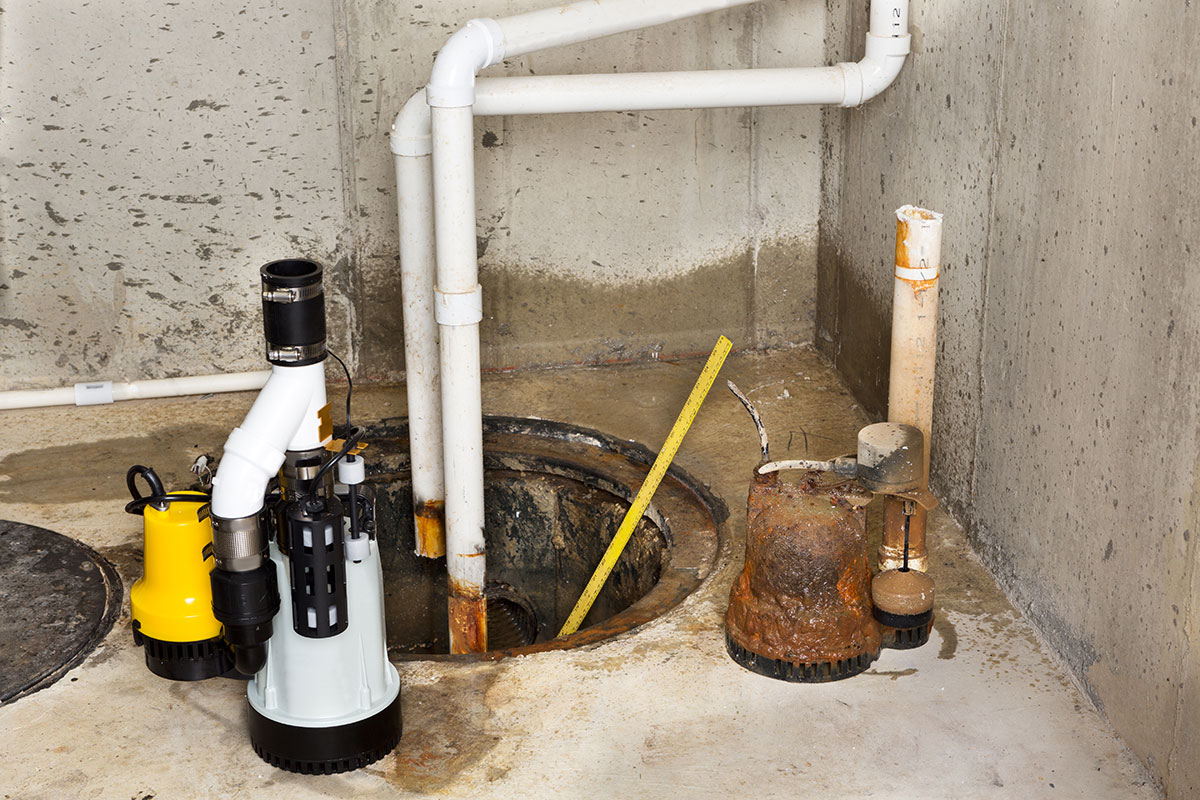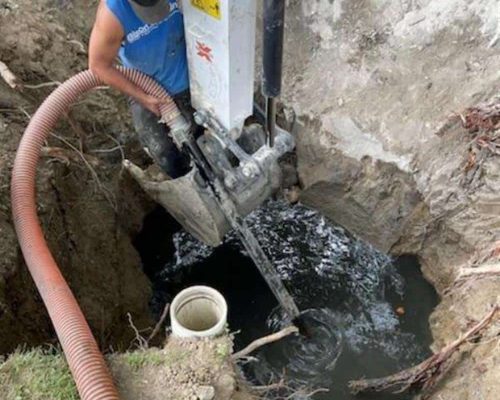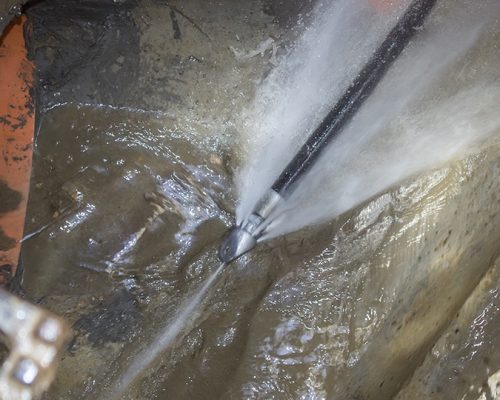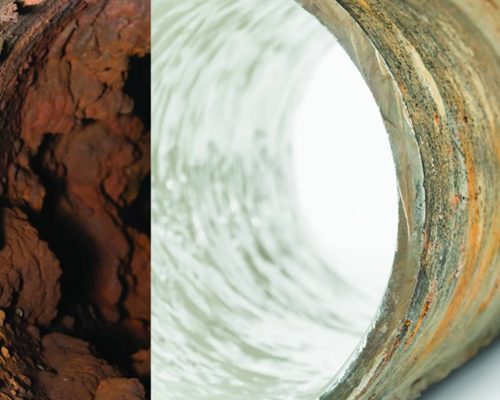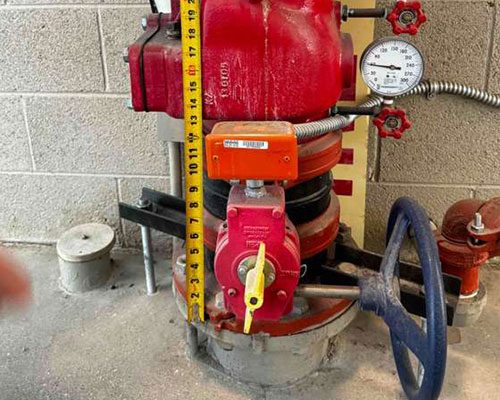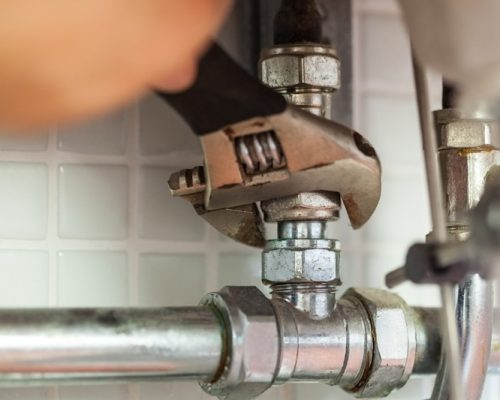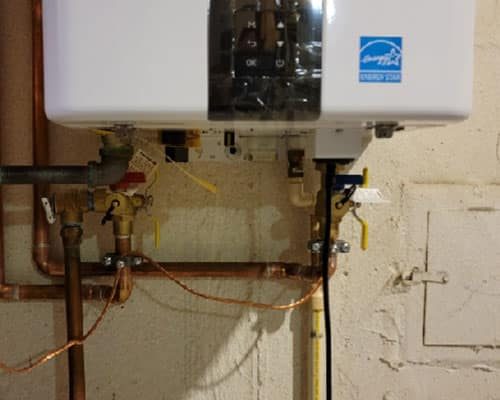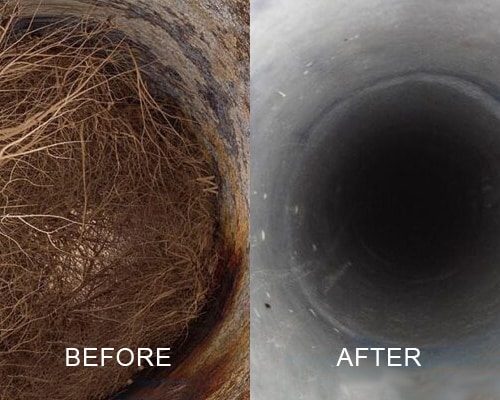The decision between choosing a battery-powered or water-powered backup sump pump depends largely on factors to do with your home specifically. Things like your volume of water usage and how your plumbing system is set up will be among the most important factors to consider. So, what are the advantages and disadvantages of each?
Battery-Powered Backup Sump Pumps
The battery-powered version of the sump pump is more commonly used than water-powered, and it’s been around longer. They are the simpler kind, which suits most households well.
Advantages
- Pumping Power – The higher end of these backup sump pumps are pretty powerful, ensuring that they will not be overworked in an emergency.
- Simple Installation – There isn’t much to do in hooking up these backup sump pumps since they generally use the same discharge line as your primary sump pump does.
- Wide Range of Applications – Battery-powered backup sump pumps can be used in most homes, unlike water-powered ones.
Disadvantages
- Battery Lifetime – In most cases, you can expect the battery to last you for 3-5 years after however many recharges you need. This can be a cause for concern for some homeowners, as you need to regularly check the battery’s health to be sure that it won’t fail you when you need it.
- How Long a Charge Lasts – If your power has gone out and you can’t recharge the battery, the sump pump could die on you while water floods. But you can prevent this by keeping an extra battery ready to go. Although unlikely, if your power outage lasts long enough, even the second battery may die.
Water-Powered Backup Sump Pumps
While seemingly complex, and definitely more complex than battery-powered, a water-powered backup sump pump is nothing a plumber couldn’t handle. They run water through a pipe to create suction that pulls excess water out through a different pipe into the sump pit.
Advantages
- No Battery – If you don’t want to worry about changing and monitoring the health of sump pump batteries, the water-powered version has you covered. They run on water from the city, so once they’re hooked up to the system, they’re ready to go.
- Indefinite Run Time – As long as your city has water to provide, your water-powered backup sump pump will not fail. This is especially comforting during those longer-term power outages. Plus, they are pretty efficient in their water usage, so you won’t be paying much extra on your water bill.
Disadvantages
- Requires Specific Plumbing Systems – To be able to handle a water-powered backup sump pump, your plumbing system needs to meet specific requirements. The model you’re considering buying should have those requirements listed. They generally have to do with your home’s water flow rate, pipe types, and water pressure.
- Can’t Use if You Have a Well – Power outages shut off your well pump, and this will disengage your backup sump pump too if it’s water-powered.
- Weaker Pumping Power – The best water-powered backup sump pumps don’t match the power of the best battery-powered ones. However, depending on your home’s water pumping needs, this may not affect you.
- Tougher Installation – Since you’re hooking them up to your water supply, you have no room for errors in installation. A mistake could mean contaminating not only your home’s water supply but the city’s as well.
Bison Plumbing | Backflow Testing & Sump Pump Installation
Equally as important as making sure your backup sump pump will keep water out of your home is ensuring that it won’t cause a backflow. A backflow of contaminated water will infect your home and the city’s water supply, and you’ll be in some trouble. With the help of experienced plumbers from Bison Plumbing, we will make sure that your backup sump pump is installed correctly so that you know you can depend on it when you need to.
Call us now at (586) 204-6576 or send in an online contact form for a quote on backflow testing or sump pump installation!


